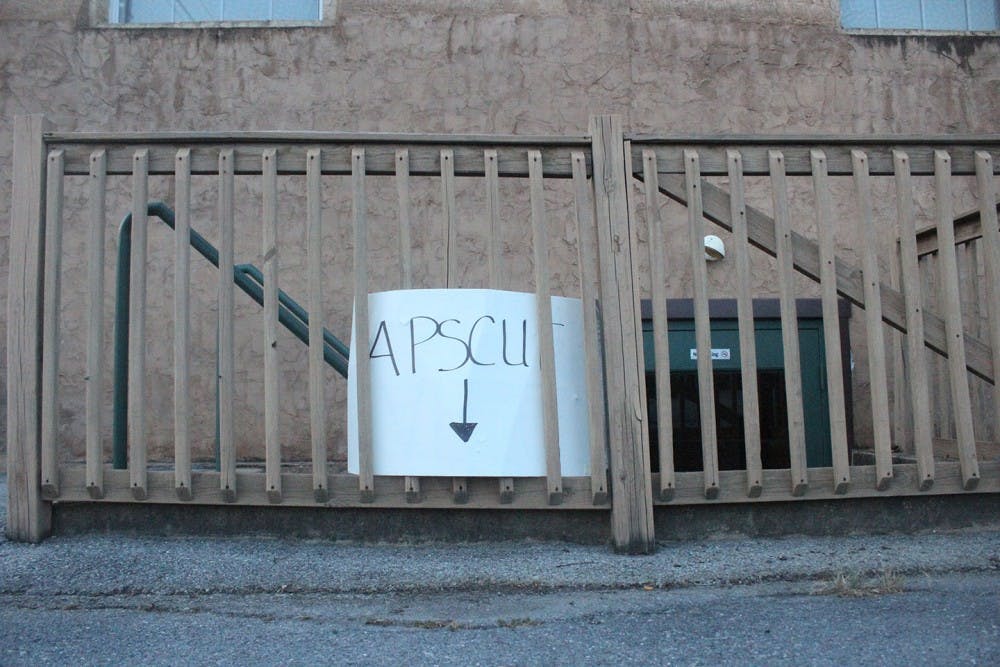As the second day of APSCUF’s strike comes to an end, there are still no plans for negotiations to start back up.
APSCUF is ready to negotiate at any time, said Kenneth Mash, the union president, during a live Facebook address today.
“For goodness’ sake, Chancellor [Frank] Brogan, stop playing games,” Mash said, according to an APSCUF press release. “Let’s devote our full energies to reaching an agreement so that the students get back to the classroom.”
Mash was picketing in Harrisburg today and said Brogan told media he is eager to return to the table.
“We remain committed to achieving a settlement that is fair to our faculty and to our students as quickly as possible,” said Kenn Marshall, PASSHE’s media relations manager. “Even though there are no formal negotiating sessions underway, the state system is working hard to find a path forward.”
PASSHE and APSCUF issued press releases today detailing the latest contract proposals and previously withdrawn ones.
APSCUF said the state system’s 25-page proposal issued Tuesday night wants to increase the number of interns that faculty supervise by 67 percent and cut funding for professional development, which serves to improve knowledge in the classroom.
PASSHE withdrew several proposals that were formerly hot topics for union members. Some of these include allowing graduate students to teach laboratories and clinics; increasing the cap on the number of temporary faculty per university from 25 percent to 30 percent; and the revised system of transferring faculty from department to department.
“By removing many of the more contentious issues from the table, we have demonstrated our willingness to participate in the normal give-and-take of negotiations,” Marshall said. “We believed it also would show APSCUF our eagerness to achieve a new contract. It is clear from their actions, however, that healthcare and salaries are the real issues in these negotiations.”
Marshall said the proposed healthcare package is the same coverage offered to other state system employees, which include police and security officers, nurses and other employees.
The healthcare proposal would cause an increased financial burden on union members, Mash said. APSCUF accepted some of these proposals related to deductibles and increased copays for prescriptions, but the two sides cannot agree on healthcare as a whole.
Another issue of APSCUF is that salary raises would be dispersed unfairly to different ranking faculty members, according to its press release. Lower-ranking faculty, such as adjuncts, would get the lowest raises, while tenured faculty receive the highest raises.
APSCUF believes this was done to create a divide in union members, Mash said, but APSCUF is happy adjunct faculty members are part of the union.
Regular faculty would receive a general pay increase ranging from 2 percent to 2.75 percent each year for the next three years, while those at the top of the pay scale get additional raises, according to PASSHE’s current proposal.
Adjuncts will receive a 1 percent general pay increase each year, for the next three years.
Much of the same pay increases for regular, or tenure and tenure-track faculty, are the same in APSCUF’s proposed contract as PASSHE’s contract. The two sides continue to differ on adjunct salaries and several healthcare-related issues.
To view more details about the contract and negotiations, visit passhe.edu and apscuf.org.
Visit theslateonline.com for more details on the proposals, contractual changes and upcoming negotiation plans.




The Slate welcomes thoughtful discussion on all of our stories, but please keep comments civil and on-topic. Read our full guidelines here.